Two studies find only small elevated risk of
5 (698) In stock
There is a slightly elevated risk of intracranial thrombosis events following vaccination with the AstraZeneca ChAdOx1-S COVID vaccine, according to two new studies publishing February 22nd in PLOS Medicine. The first paper, by William Whiteley of the University of Edinburgh, UK, and colleagues from the BHF Data Science Centre, UK, analyzed the electronic health records of 46 million adults in England. The second paper, by Steven Kerr of the University of Edinburgh, UK, and colleagues, used a dataset of 11 million adults in England, Scotland, and Wales.
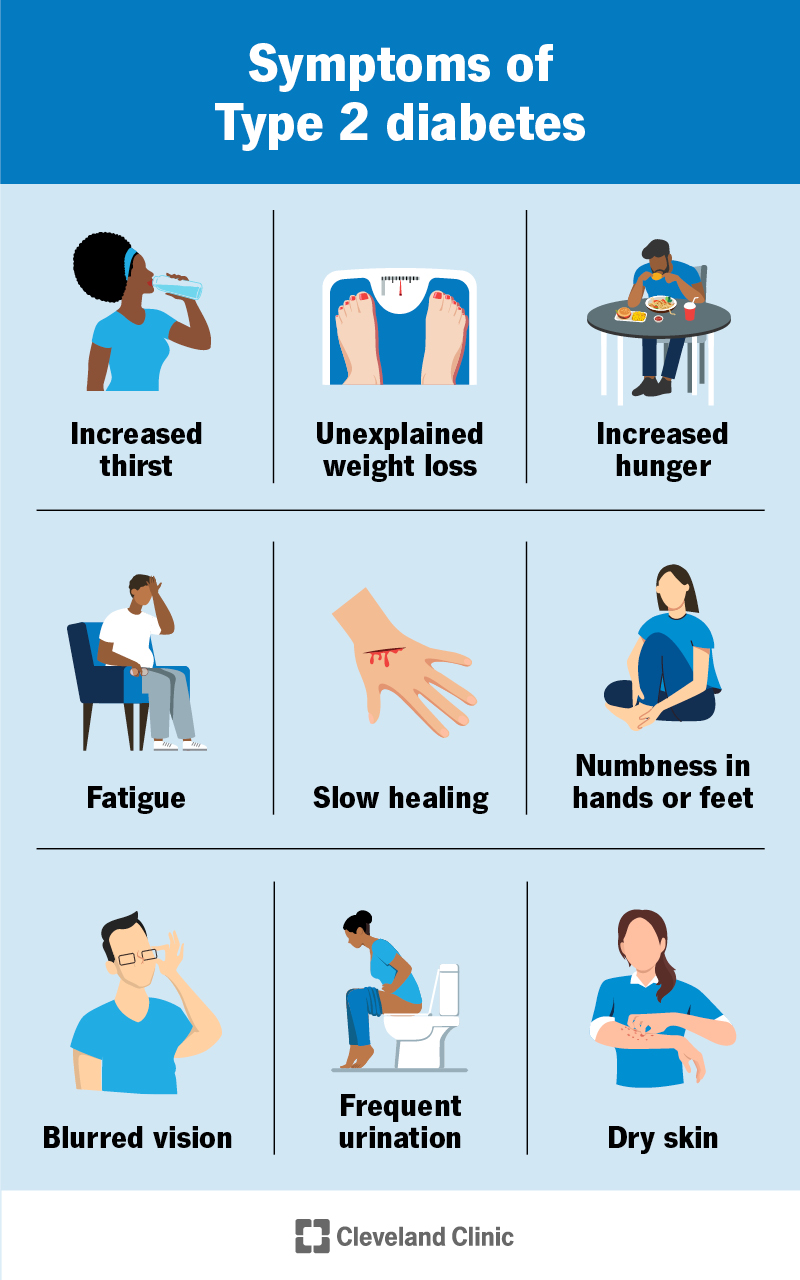
Type 2 Diabetes: What It Is, Causes, Symptoms & Treatment
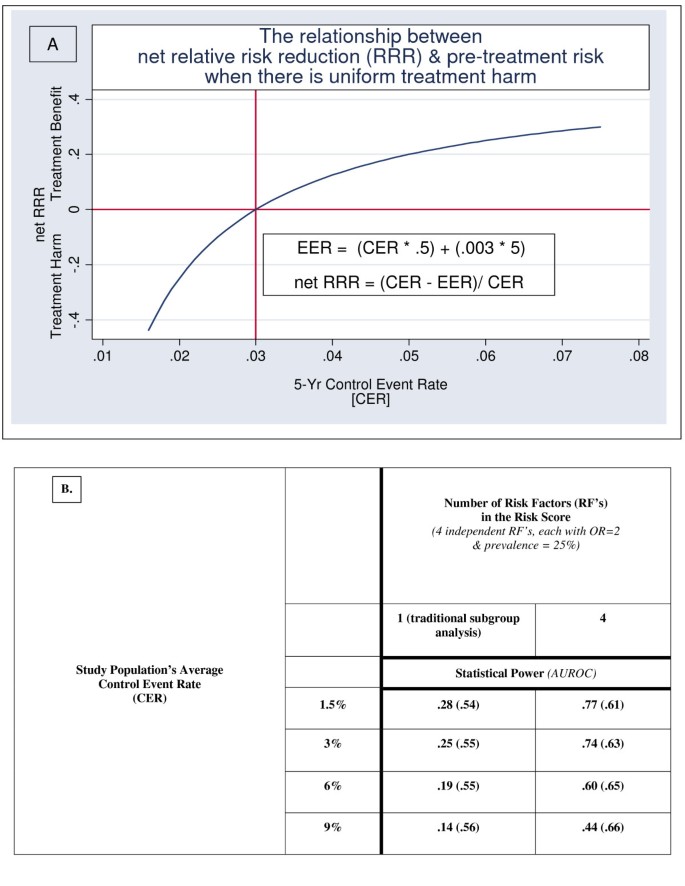
Multivariable risk prediction can greatly enhance the statistical
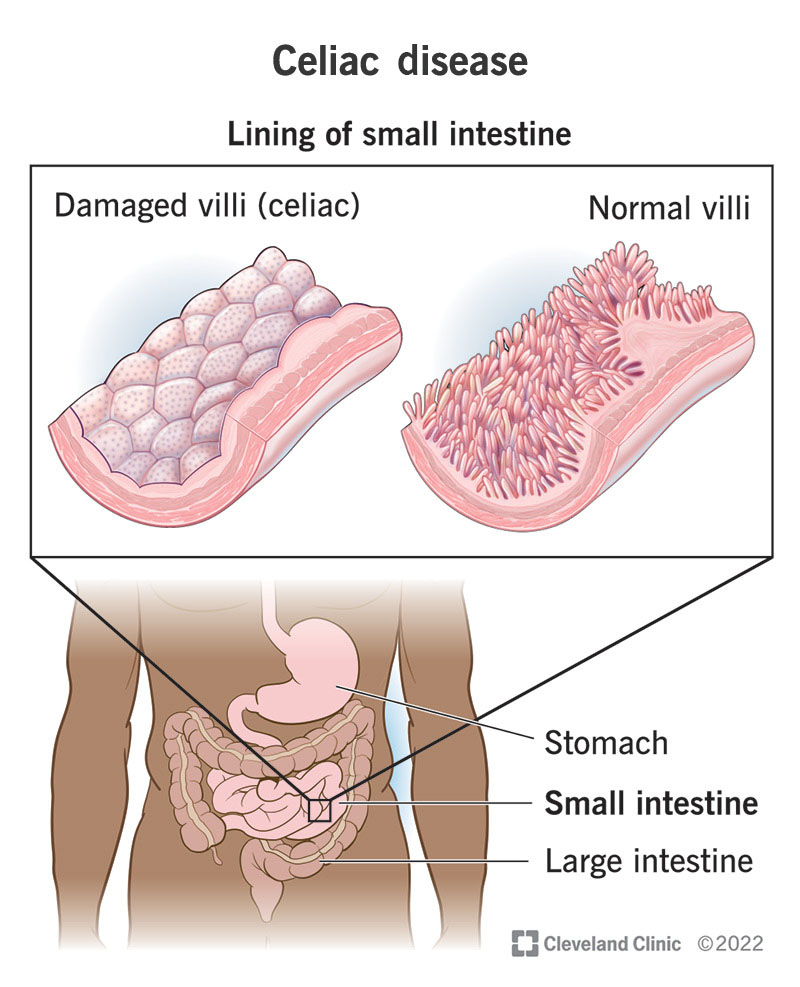
Celiac Disease: Symptoms & How It's Treated
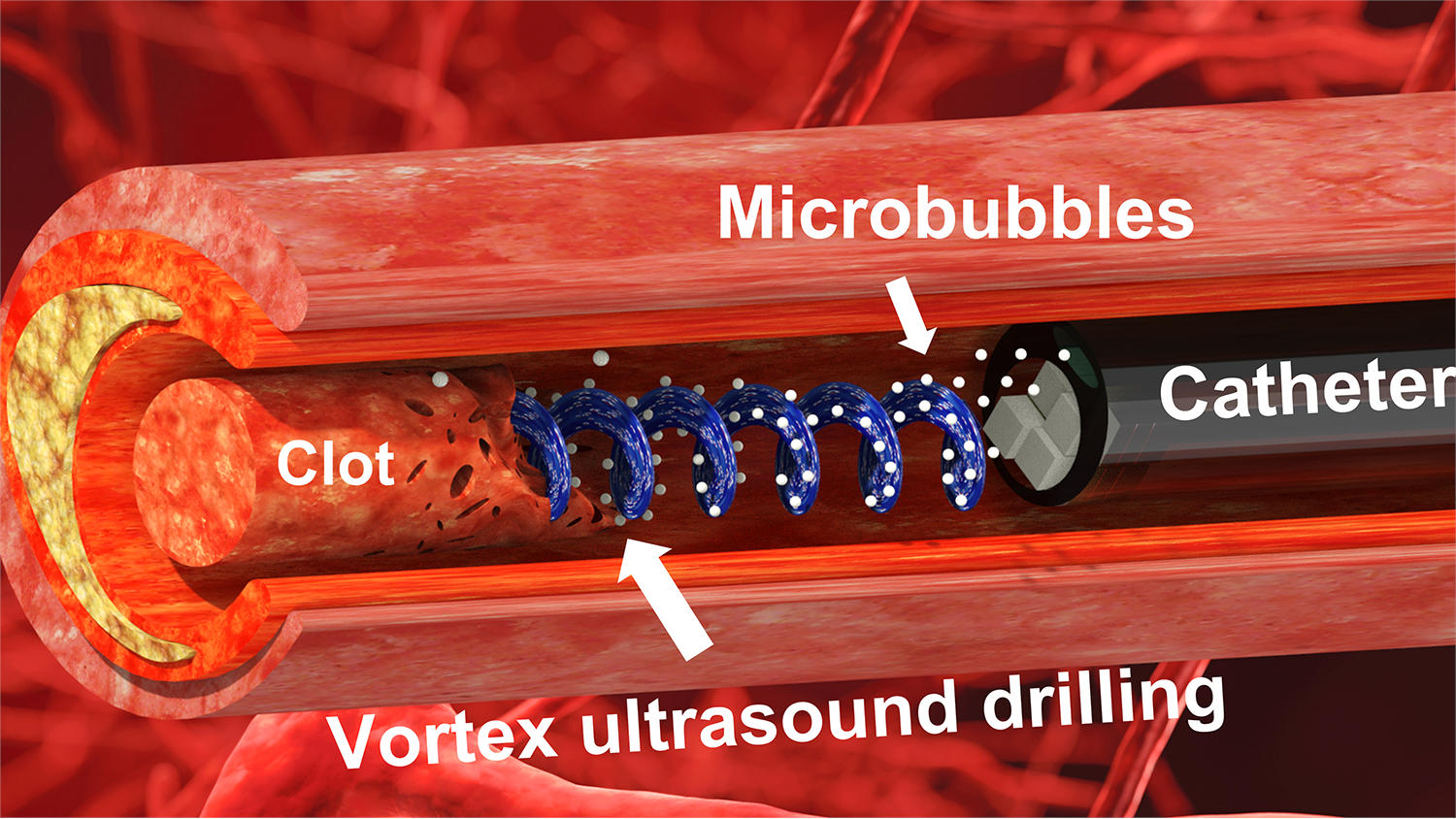
Ultrasonic “Tornado”: A New Faster Way To Break Down Blood Clots
:max_bytes(150000):strip_icc()/risk-analysis.asp-final-fc95681c1cd94d52b1062195ce01a527.png)
Risk Analysis: Definition, Types, Limitations, and Examples

Heart block: Types, causes, symptoms, and risk factors
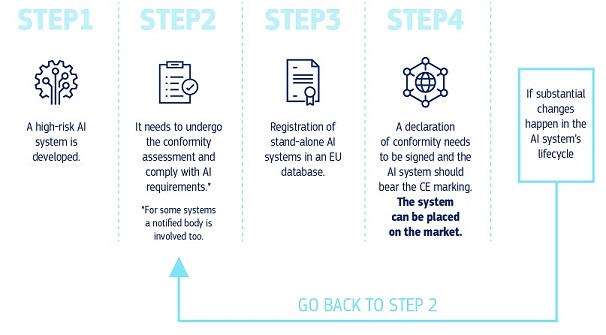
AI Act Shaping Europe's digital future

Multiple Risk Behavior Interventions: Meta-analyses of RCTs
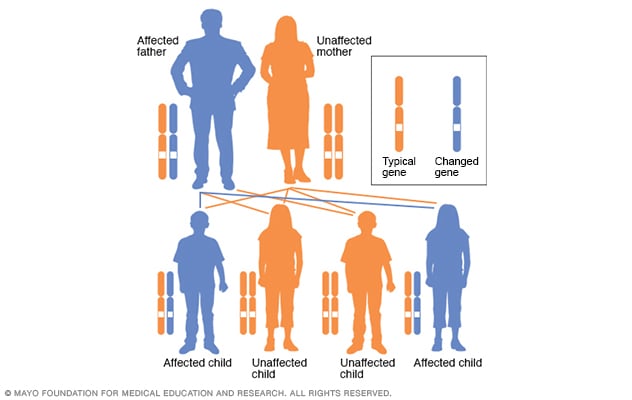
Polycystic kidney disease - Symptoms and causes - Mayo Clinic

New data suggest only a small extra risk of blood clots after AstraZeneca COVID-19 vaccine - Scimex
Menstrual clots: Are they normal? Causes and when to see a doctor
 Gibobby Leggings térmicos mujer Athletic Yoga Leggings de mujer Running Workout Deportes Fitness Pan Gibobby
Gibobby Leggings térmicos mujer Athletic Yoga Leggings de mujer Running Workout Deportes Fitness Pan Gibobby Just My Size Womens Embellished Plunge Underwire Bra, 42D
Just My Size Womens Embellished Plunge Underwire Bra, 42D- Energy Longline Bra Ribbed Luxtreme *Medium Support, B–D Cups
- Warner's® Cloud 9® Super Soft, Smooth Invisible Look Wireless Lightly Lined Comfort Bra - RM1041A
 Celmia 2023 Spring Women Cargo Pant Casual Pockets All-match Long Trousers Back Fashion Elastic Waist Street Pantalones Mujer - AliExpress
Celmia 2023 Spring Women Cargo Pant Casual Pockets All-match Long Trousers Back Fashion Elastic Waist Street Pantalones Mujer - AliExpress Sonryse S66 Stage 2 Faja Post Surgery Tummy Tuck BBL Lipo
Sonryse S66 Stage 2 Faja Post Surgery Tummy Tuck BBL Lipo

